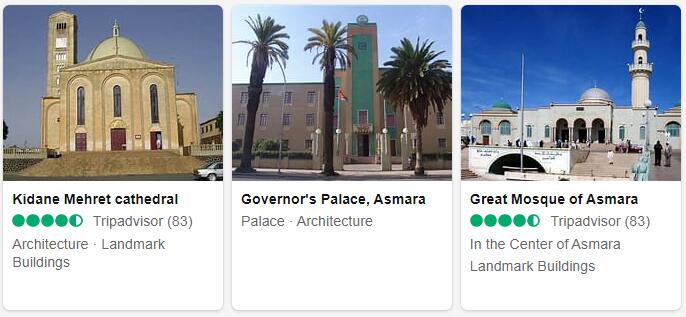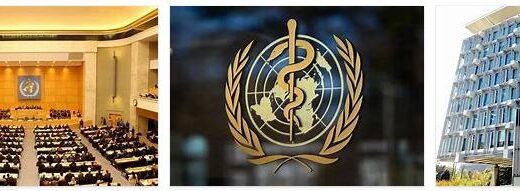Eritrea 2018
The population of Eritrea in 2018 was estimated to be around 5,000,000 people. The majority of the population is comprised of people of Tigrinya, Tigre and Saho descent with a smaller percentage of other African ethnicities. The economy is largely reliant on agriculture and mining. Foreign relations remain strong with Eritrea’s neighbors in the East African region as well as other countries in the Americas and Europe. According to extrareference, Eritrea has been a presidential republic since 1993. In 2018, President Isaias Afwerki was re-elected for a fifth consecutive term after winning 100% of the popular vote in presidential elections held that year.
Yearbook 2018
Eritrea. A political upheaval in neighboring Ethiopia had dramatic consequences for Eritrea during the year. Ethiopia’s new Prime Minister Abiy Ahmed sought dialogue on the border conflict and war, which demanded tens of thousands of lives on both sides. In June, Ethiopia accepted the UN-supported Border Commission ruling that the disputed city of Badme belongs to Eritrea.
- According to Abbreviationfinder: ERI is an three letter acronym for Eritrea.
According to Countryaah.com, Asmara is the capital city of Eritrea, a country located in Eastern Africa. Eritrea sent a delegation to Addis Ababa, and in July the Ethiopian Prime Minister came to Asmera for a meeting with President Isaias Afwerki. The two leaders embraced each other and proclaimed that they chose love and forgiveness instead of hate and violence. The result was a peace agreement, which ended 20 years of war permits.
Diplomatic relations were normalized, telephone connections were restored, and families split during the outbreak of the war in 1998 were able to communicate again. President Afwerki then traveled to Addis Ababa, where his short route was bordered by thousands of Ethiopians. Afwerki reopened the Eritrean embassy, which has been closed for two decades. Later, Ethiopia also opened an embassy in Asmera. Flights between the countries were resumed in festive forms, where passengers on the first plane from Addis Ababa to Asmera were served champagne, received roses and were given the opportunity to dance to music.
Eritrea’s approach to Ethiopia was followed in July by a meeting of Eritrean and Somali presidents, which decided to open embassies and reestablish diplomatic relations after 15 years.
Eritrea promised that the country will continue to support the Somali government in the conflict in the neighboring country. Eritrea has faced UN sanctions accused of supporting the Islamist militia al-Shabab, but Ethiopia has now proposed to the UN that the sanctions be abolished.
In September, the border between Eritrea and Ethiopia was opened in the war-torn area. Ethiopia promised to withdraw the military from the border area. The two countries signed another agreement to strengthen the ceasefire and security in the region. Even with Djibouti, Eritrea agreed to ease the tense relations.
Despite better neighborly relations, the regime continued to crack down on all signs of opposition. In September, former finance minister Berhane Abrehe was arrested after publishing a book criticizing the regime. Amnesty International demanded that he be released.
When the regime’s oppression of dissent was motivated by the country’s waging war with Ethiopia, oppositionists in exile hoped that peace would bring domestic political liberalization. The UN Human Rights Reporter in Eritrea called for clear and immediate measures to strengthen respect for human rights and justice.
In September, it was announced that the army would be reduced and military forced service changed. Labor can instead be used in industry, infrastructure projects, agriculture and self-employment, according to government officials. The forced service in the army has been a major reason why hundreds of thousands of Eritreans, mostly young, have relocated the country in recent years.
In November, the UN Security Council decided to lift close to 10 years of sanctions on Eritrea following the country’s peace treaty with Ethiopia and improved relations with Djibouti. The arms embargo was lifted as well as travel bans, and frozen assets abroad became available.



